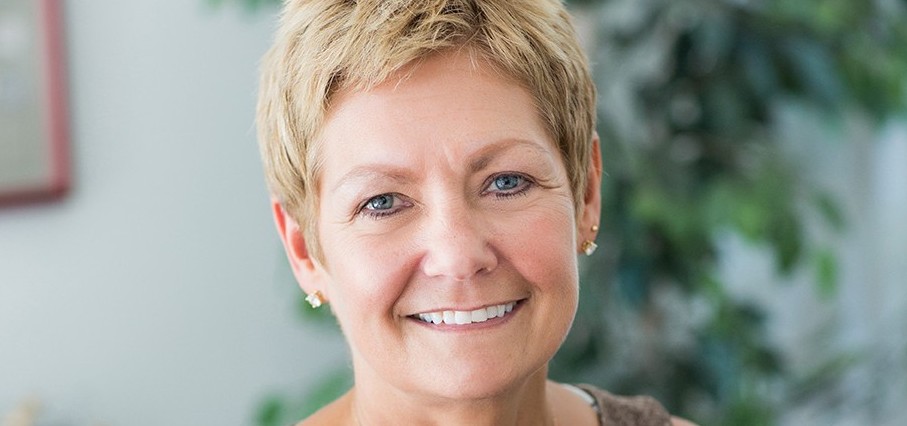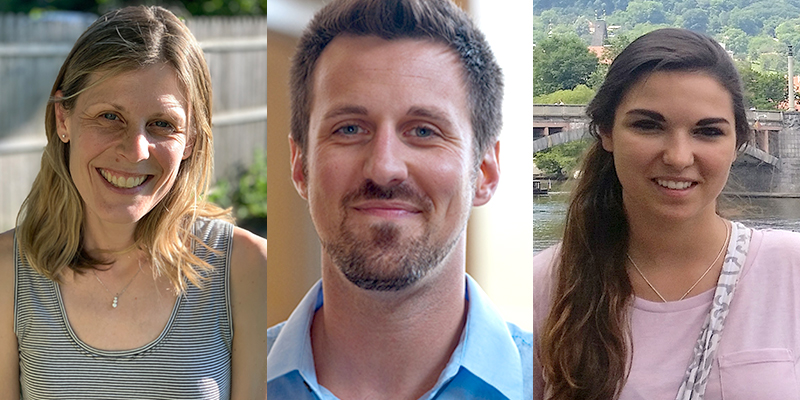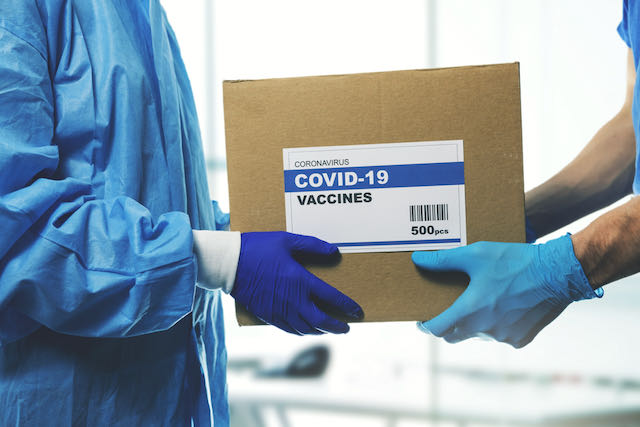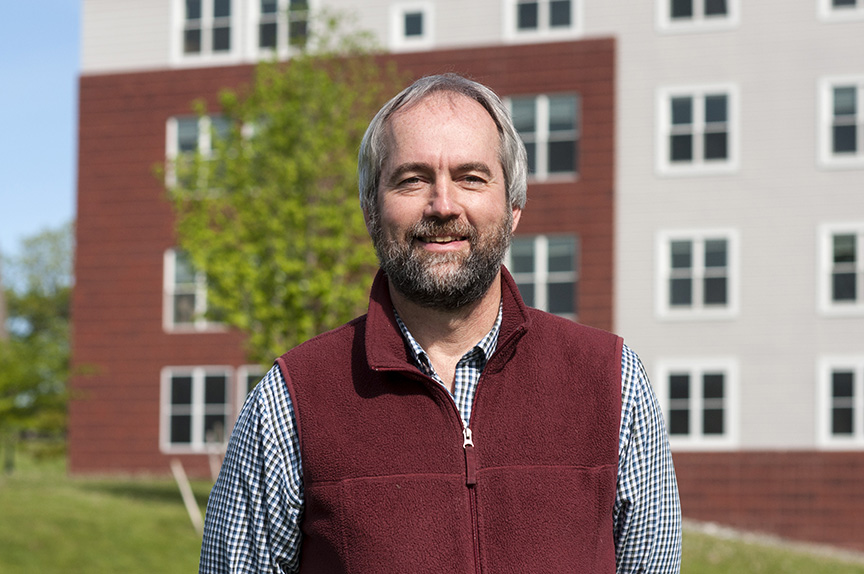A one-credit elective opened Professor Jean Harvey’s eyes to the world of nutrition.
While pursuing a biology degree at Penn State in the 1980s, Professor Harvey enrolled in a one-credit nutrition course. It wasn’t long before she switched majors and decided to focus her studies on nutrition instead.
Professor Harvey, a registered dietitian with a doctorate in epidemiology, began teaching at UVM in 1991 and chairs the Department of Nutrition and Food Sciences. She talked to UVM Continuing and Distance Education about how nutrition and food sciences have changed over the past 25 years, the rewards of mentoring students, and her advice to recent graduates.
What was the focus of nutrition sciences when you first started teaching at UVM?
When I first came to UVM in 1991, nutrition was mostly focused on dietetics and it was very clinically focused. If you weren’t studying to be a dietitian, you could study nutrition science to learn things like how nutrients are metabolized, or what a deficiency looks like at a cellular level. At the time, the public’s interest in nutrition was mostly about how to read a nutrition facts table or how to follow a vegetarian diet. It was really basic nutrition education back then. Students were focused on clinical nutrition to address things like eating disorders, and there was a growing interest in sports medicine.
How has the UVM Nutrition and Food Sciences Program evolved?
Now our program is much broader. We are a community-based program, and students do most of their clinical work and internships in the community. Students are focused more on food and social justice, and they are looking more at hunger issues than eating disorders. Students want to know where their food comes from, and they want to know about things like preservatives and additives. We have a lot more students interested in food science who want to work in the food industry.
What are some of the greatest rewards of your career?
For me, it’s mentoring the students. I’ve also had the good fortune of working with graduate students who have pushed me and helped me see things from different perspectives. My work makes me feel like we’re accomplishing something, and we’re sending out students—our ambassadors—to make the world a better place.
How and why do UVM students make you hopeful for the future?
I find some of my students to be very entrepreneurial. We’re teaching them to be critical thinkers and to think outside of the box to help address issues like food shortages and how climate change will affect our food. There are so many problems out there, and we want our students to have hands-on, experiential learning so they can experience real nutrition and food issues happening in everyday life.
What have students taught you?
The students at UVM have shaped who I am. I’ve also learned that all students are different and each one has a unique set of strengths and challenges. As a professor, I wish we had more time to spend with students to truly understand who they are as people.
What advice would you give students once they earn their degree?
Keep your options open for as long as possible. Go out and get some experience, and figure out what path you want to follow.
-Our “UVM Is” series celebrates University faculty, educators, and the campus community.
To learn more, visit UVM Continuing and Distance Education at learn.uvm.edu.




